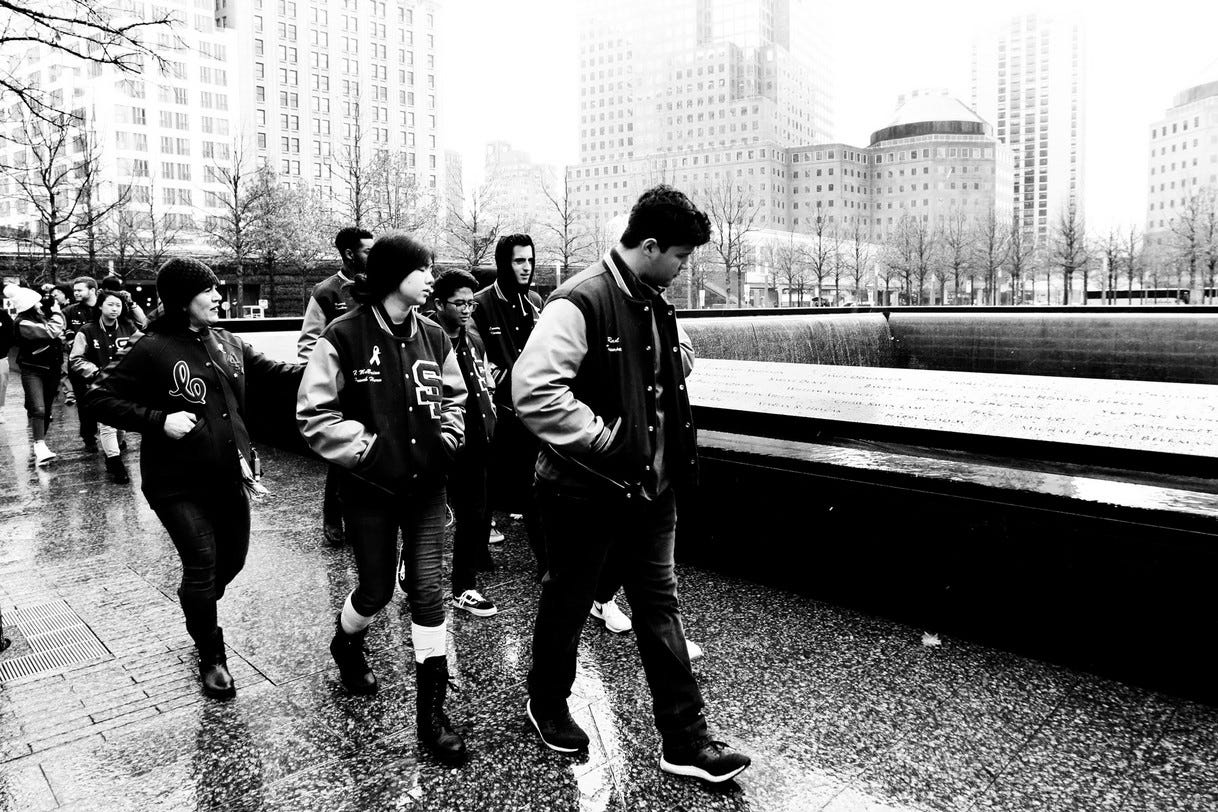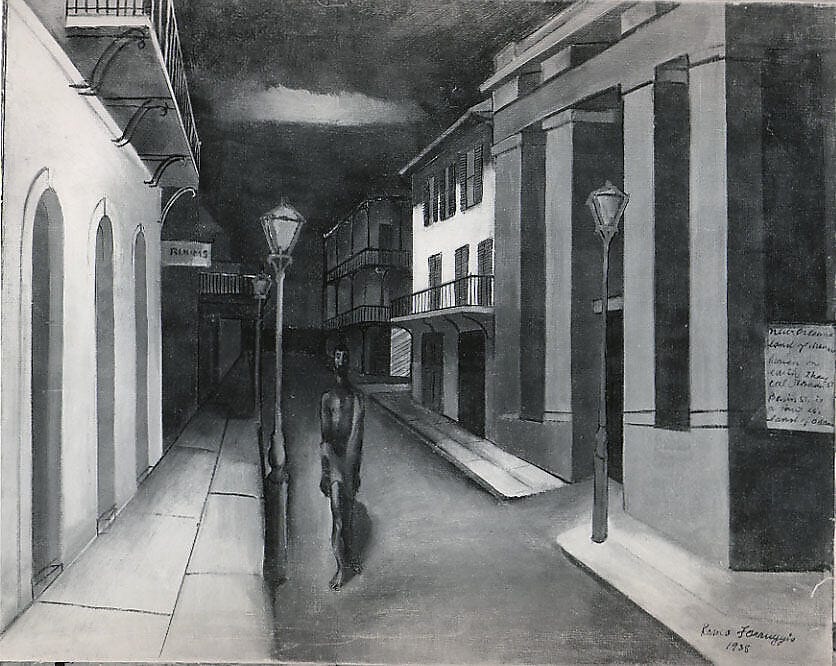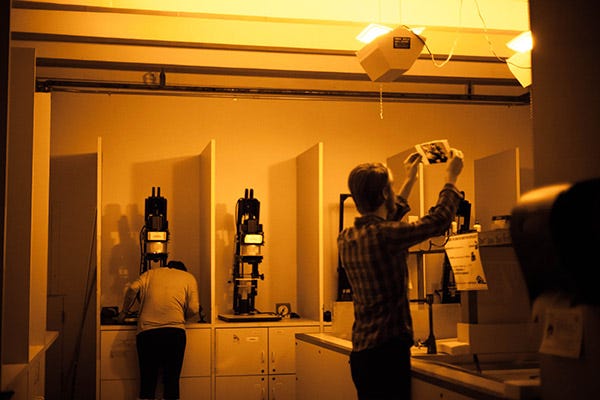Dear Readers and Writers,
Again, thank you so much for you entries, we were so moved by the amount of time and attention you gave them. We loved discussing them and hope that the experience will have inspired you to continue writing.
We’re pleased to announce the winners below.
We picked these stories because of their unique prospective, command of tone and their ability to incite multiple different emotions within such a small frame of time.
Thank you so much for taking part. Until next time.
Your loving writer,
Hanif xx
The 9/11 Babies.
by Emma
Created en masse in the USA in the days and weeks of fall 2001, as their parents reached for each other in grief, horror, and fear. So many of them, that labor and delivery wards became overcrowded in the May and June of the following year. Outside Danbury, Connecticut, Dylan’s mother worried she’d have no bed to give birth in. Yes, born into a lack of space and an ugly new normalcy. This was how it would be.
They knew from the start where they fit into history. They’d never seen the twin towers, but they heard about them enough. As a young boy in Jackson, Florida, Max overheard his mother tell a friend he had been “conceived on the first night of bombing in Afghanistan.” It was a phrase he never repeated and never forgot.
Elementary school had the usual basics. But early on an additional class was added. From Kindergarten Lola hated the shooter drills at her New Mexican schools, hated hiding under desks and in closets, barricading doors, communicating without words, scarcely breathing until the whistle blew, the teacher gave an all clear and she went back to building blocks, reading comprehension, social sciences, and eventually, pre-calc.
Across the country, the Alices rolled their eyes and muttered, “Thanks,” at the federal acronym (Alert. Lockdown. Inform. Counter. Evacuate) invented for schools being shot up. Meanwhile, somewhere in Indiana, Kai watched over his growing arsenal, slunk around campus - and waited.
Some got their first phones as a birthday or holiday gift. But six-year-old Brittany got hers in Tucson when she briefly hid from her parents in the mall one Thursday afternoon. The parents of the 9/11 babies were a jittery lot.
The babies were typists by middle school, carrying laptops and Chromebooks, not textbooks. They were recyclers, athletes, debaters, musicians, employees, substance abusers, and sexual assault survivors. Some had multiple houses, many more were homeless. They all struggled with identity and bias. Down in Tennessee, Keira turned to Jesus Christ as her savior. But Amir was told God had no use for a sexual deviant like him and left home for the streets of Lansing, Michigan in sophomore year.
Covid brought another landmark and a new label. For the 9/11 babies grew up to be the class of 2020. Not for them, senior spring, prom, or graduation. They spent their last semester at home and online.
One by one their schools sent out emails, text messages, and social media announcements, telling them it was over. Stay home, they were told. We’re sorry, you don’t deserve this. They were never disconnected but they did become unconnected with virtual reality their only reality. Abby spent days learning TikTok dances with her mother, while Benjamin watched the screen-sized murder of George Floyd on his phone.
When the time came, Jorge’s diploma was handed through his car window in the school parking lot outside Dallas. In Eugene, Maureen received hers in the mail. Down in Mississippi, Gabrielle cried and refused to open hers when it was dropped off at her building.
Born into a country, united when under attack from an outside force, they came of age as the same country, once again attacked from outside, ripped itself apart. Still, the nation united – briefly – in its sympathy for them
But wait – what was that? Inside their rooms, their cars, and their shelters, they heard a growing clamor. The babies were special. They were heroes and saviors. They were being called to action. They had work to do and there was no time to lose. They had been chosen.
“Your leadership will be essential in the days and weeks to come in helping your fellow Americans recover from this hardship,” sent out the President in a mass email in May.
“You, our next generation, already possess the strength and resilience of the American spirit,” his wife added in her own statement.
For once the President and his predecessor agreed. On a prime-time national production saluting their class, the former President told them, “If the world’s going to get better, it’s going to be up to you.”
Even the biggest star in the country had words for them. “You can be that leader we all need, you can lead the movement that celebrates humanity,” she urged.
Really? This was their destiny? They had to clean up the mess? They weren’t so sure.
So, they took their Lexapro, their Adderall, their Wellbutrin, and their Klonapin, and preparing for a second year of loneliness and uncertainty, headed into their future.
Boyfriend’s Beaten to a Pulp
Boyfriend’s beaten to a pulp. Left to bleed in front of the local. Cold night. Sea air. Frigid wind. Too many men. Alcohol. Small town. Intellectual poverty. Financial poverty. Cultural poverty. I am screaming. Not in fear. At them. They say it’s my fault he’s there like that. I fucked the faggot. Now I have AIDS. Unfuckable. Unlovable. At seventeen. They’re furious they didn’t get to me first. They’d been relentless, yet unsuccessful in this pursuit. As my breasts began to bud. Becoming a man in this place is eviscerating. Becoming a woman even worse. My banishment brings relief. An escape plan. Best laid. My mother senses my predicament. She kicks me out before I can leave. $20 Greyhound bus ride paid for with money stolen from my grandmother. Big smoke. Sex. Drugs. Cops. Beatings. Young homeless allowance. Indignity of the dole queue. Doof-doof music. Raves. Recovery parties. Elaborate hand sewn costumes from thrift store bedding. Rice with cumin. Five finger discount green apple and taramasalata. Fucking and drinking and loving and dancing my way through clawing hunger. Acid helps too. I look amazing in these hot pants. Can’t afford the rent. Sleeping in the shed. Of someone else’s 10-person share house. Overflowing toilet. Shit everywhere. Tripping hard again. Techno beats. Then, a big city job with a multi-level marketing company. An MLM cult. Of exploitation and male ego. My days begin with a fanatical group motivation session. Trauma bonding for misfits. Followed by hours of solitary and fruitless door-knocking in suburbia. Even the sad and lonely don’t want what I’m selling. I haven’t slept for days. Coming down again. Boss offers me a place to crash. My own room. So nice of him. I fuck him for the rent. Disgusted. I fall in love with my girlfriend whilst moving out with the hot boyfriend I met on the black and red death caps. Before long there are track marks on his left arm. They slowly work their way across both arms. He spent the rent money again. Just like my father. He distracts himself from the increasing viciousness of his come downs. By insisting I’m cheating on him. He enjoys the primal surge of the yelling; likes the feeling of shoving me around. It dawns on me that now - at nineteen - I’m already too old for this shit. It turns out I’m also quite pregnant. I seriously consider a disastrous plan to pull pints and dicks in the titty bar with my ex girlfriend. Before I really start to show. I don’t know. I’m a swirl of pregnancy hormones. I do know I am going to be clean and sober. I need to eat. I need calm. Be nice to patch things up with my mother. I hitch a ride to the truck stop town she moved too. Arrive at dusk. Fall into a deep and exhausted sleep. Wake to her new boyfriend creeping outside my window. He’d kicked her around like a football. She’d tried to leave him. It's impossible in a small town. I can’t be here. I hitchhike back to the city with the truck driver my mother insists on. After no more than five minutes of sizing him up. The city is more forgiving. Through word from a friend, I find a room in a fourteen-person commune. I’m now twenty-ish weeks along. I will end other less meaningful pregnancies with relief, but it won’t be this one. I understand the potential of this; of community, of home. I will not squander this moment. Home turns out to be a slummy haven for anti-establishment vegetarians who thrive on policing the kitchen. It suits for a while. It is the community I need. The sad, poetic junkie in the room next door pays the rent with her pussy. My sister soon moves into the room on the other side. I can breathe. Even if I hardly see her for her shift work. We are bonded in fire. Not long after her arrival I wake alone. Labour pains. So excruciating I am for once, floored. My sister’s at the club. I leave a note with $20 taped to her bedroom door. Meet me at the hospital. I take a taxi to emergency. He hates me for screaming in his cab. But not as much as the nurses I avoided for nine months. They inform me I am squarely and officially in the at-risk category. Slowly they warm to me in the chaos of my making. Peace comes later, when my sister finds me in the dawning light of the birthing room. With her, a G-string thong. A punchline contained within the going home clothes we had not known to pack. I give birth to the father we lost to heroin seven years ago. She is beautiful.
EGGS
I rang Pascual’s doorbell and immediately wanted to run.
People like me, who didn’t go to college, recall high school clearly. About a decade ago, Pascual was employed by my school as an art teacher. He had made a bit of a splash documenting low-income, minority kids in his town. Images of basketball games – sweaty, intense faces in close-up, kids shooting up in grimy fast-food toilets, young mothers pushing strollers, boys wincing as they got gang tattoos — he was recapturing his childhood. The Boston Globe ran a feature. It described his work as a slice of ghetto-Americana, of the young, dispossessed and hopeless. Our school hired him in a hopeful move. Our last art teacher was a sixty year old man who wore a tweed jacket and talked for hours about Degas’ brush strokes. He took us to the museum and there was yelling and farting and one of the kids lit up a cigarette, right in the main gallery. We got thrown out.
It wasn’t so much that Pascual knew how to use cameras and print pictures, he knew how to talk to us. He showed us pictures by Gary Winnogrand, Diane Arbus, Robert Frank, Susan Meiselas, Nan Goldin and Carrie Weems. Everyone sees worlds that maybe only they care about, he told us. These guys showed us theirs. What’s yours amigos? You got your own private America? Go find it — that camera you hold in your hand is similar to what they held in theirs. We’d never heard of these artists but the pictures got to us faster than the texts we read. He bring his own books to class and pass them around. Three or four would huddle over one and turn the pages slowly, reacting to the images. Some were silent, some couldn’t stop blabbering. The photographs were about being young, about watching the world from a street corner, hanging out with the homeless, seeing patterns on buildings. Some were about the aching loneliness of grown-up life.
At the end of the first class he gave each one of us an egg—like the kind you’d buy at a supermarket. But these eggs had a special stamp on them. If we could return the egg to class the following week, intact, he would lend us a camera—a real one that used film. The morning of that class, my idiot older brother picked up my school bag instead of his and the egg rolled out and smashed on our linoleum floor. I had to wait another week before touching a camera.
Our small art class started taking pictures. Pascual resurrected an old darkroom in the basement that hadn’t been in use since Bill Clinton was president. We crammed in with a red light on, patiently waiting for the images of our parents, pets, siblings, bicycles and friends to appear. After hanging them to dry, just like clothes on a line, we went home. The next day when we came to school, they were already tacked to the wall near the entrance for everyone to see. It was like having our own art show every week. Nobody squealed, smoked or lit their farts. No one ever missed art class. However, the school thought that the darkroom was expensive and unnecessary—why couldn’t we just use digital cameras like everyone else they said. Pascual argued back. He insisted that it was the act of taking pictures, precious frame by frame, and then bringing them to life, that taught kids patience and concentration. He hated digital cameras and refused to touch them. Guess who won that debate? Pascual left the one real job he had ever held, in an economy that was tanking.
I found out a few years later, quite by accident really, that he was dealing on the side. He opened the door and barely looked at me. ‘Yeah, I got your text. Hang on.’ He was gone for a minute. I heard a baby cry. He returned with a CVS bag and held it out. I took it, but it was too big to shove into my pockets. Awkwardly clutching it, I asked, ‘so, you still do photography man?’ He looked at me intensely for a moment and then said, ‘check that all your stuff is in there. I’m a gonna close the door now.’
I peered past him and saw a bookshelf. And on that shelf, unmistakably, were those books. Books of pictures that had briefly opened our hearts.








I feel so honoured and moved. In 1988, I worked as a film projectionist at Hampshire college and was screening My Beautiful Laundrette when Hanif walked into the booth in a biker jacket, sipping a beer. I have watched and read everything I could of his since. I read these posts at times with a heavy heart, but always marveling at how he keeps the discourse of writing and living ticking as he recovers. Thank you for keeping dreams alive, this forum means a lot to us – these posts and your constant encouragement. Congrats to all contributors and readers – my comrades.
I read the first one and it was so breathtaking that I had to pause. Will read the others too, in good time. What a punch in the sternum that one is, though. Not a surprising choice. It is indeed a winner - out of a time of tragedy comes brilliant light.